Apple’s ability to seamlessly blend groundbreaking technologies across product lines could soon take an exciting new leap. Renowned analyst Ming-Chi Kuo recently suggested Apple is developing a new MacBook model powered by an iPhone chip. This revelation has ignited lively discussions among tech enthusiasts and analysts, eager to uncover what this could mean for Apple’s devoted user base.
A Look Back: Revisiting the 12-Inch MacBook
Apple previously explored ultra-portability with the 12-inch MacBook, praised for its lightweight design but criticized for its performance compromises. The rumored MacBook featuring an iPhone chip might redefine the landscape, offering unprecedented portability without sacrificing essential performance.
Why It Matters: Bridging Mobile and Computing Worlds
Integrating an iPhone chip into a MacBook showcases Apple’s ambition to unify its ecosystem. Utilizing ARM architecture optimized through extensive development in A-series chips, Apple could deliver a cohesive user experience. Imagine seamless app compatibility and smooth performance transitions between MacBooks and iOS devices, setting a new industry standard.
Performance vs. Portability: Apple’s Key Decision
Though enticing, this innovation prompts significant questions:
- Performance: Can Apple’s iPhone chip deliver the robust performance traditionally associated with MacBook devices?
- Portability: Will this finally be the ideal balance of size, battery life, and productivity?
- Price: How will this impact the product’s affordability and market placement?
- Ecosystem Integration: Will this lead to deeper, more intuitive interactions across Apple devices?
Real-World Benefits for Consumers
Everyday users and professionals alike stand to gain considerably from this development:
- Enhanced Battery Life: Efficiency-focused chips could deliver significantly longer battery life.
- Optimized Software Experience: Closer integration with iOS may enhance performance, especially in app-centric workflows.
- Ideal Portability: Perfecting the balance of power, size, and usability for those constantly on the go.
Conclusion: Shaping the Future of Apple’s Laptop Lineup
As Apple prepares to potentially launch this groundbreaking MacBook, its true test lies in meeting evolving consumer expectations. Success could profoundly influence Apple’s future laptop strategy, reinforcing its ecosystem’s dominance and redefining what users expect from entry-level laptops.
Frequently Asked Questions (FAQs)
1. What does an iPhone chip-powered MacBook mean for everyday users? It promises greater efficiency, potentially better battery life, and enhanced portability, ideal for regular productivity tasks and seamless device integration.
2. Will an iPhone chip-powered MacBook be as powerful as current M-series models? While likely optimized for efficiency, it may not match high-end M-series chips but should offer sufficient performance for everyday tasks and moderate professional use.
3. Could this development lower MacBook prices? Using iPhone-derived chips might enable Apple to offer competitively priced entry-level MacBooks, making their laptops more accessible.
4. When could we expect Apple to release this new MacBook? While specific timelines remain speculative, typically, new Apple products follow annual or biannual cycles. More clarity should emerge in upcoming product announcements.
5. How will software compatibility be impacted? An iPhone chip-based MacBook would likely offer improved compatibility with iOS applications, providing users with a smoother cross-device experience.
Want to stay ahead of tech trends, deals, and product insights?
👉 Visit Techable.com to shop certified refurbished Apple devices.
💰 Looking to trade in your old Mac? SellMac.com offers instant cash quotes.
📊 Need detailed specs for any Apple model? Visit Apple.Techable.com.
📰 For more stories like this, check out News.Techable.com—your go-to source for tech updates.
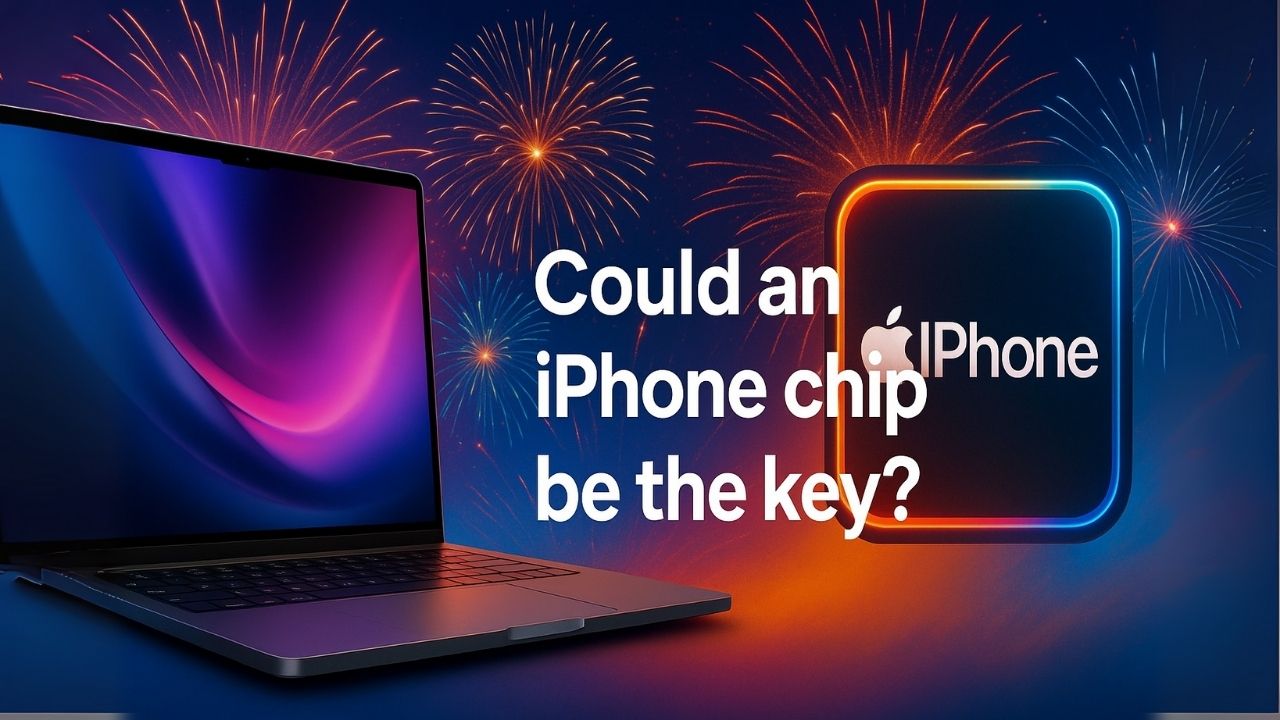





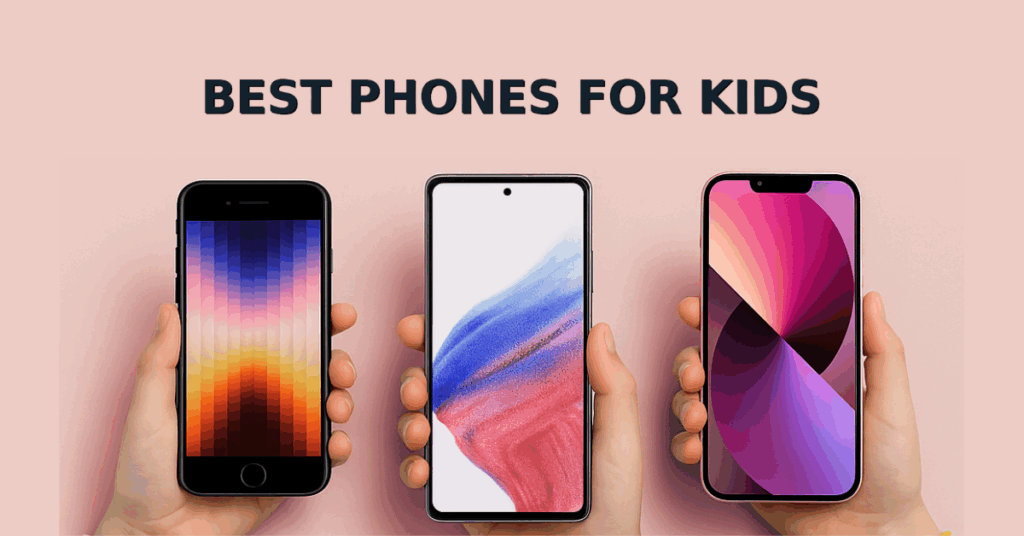


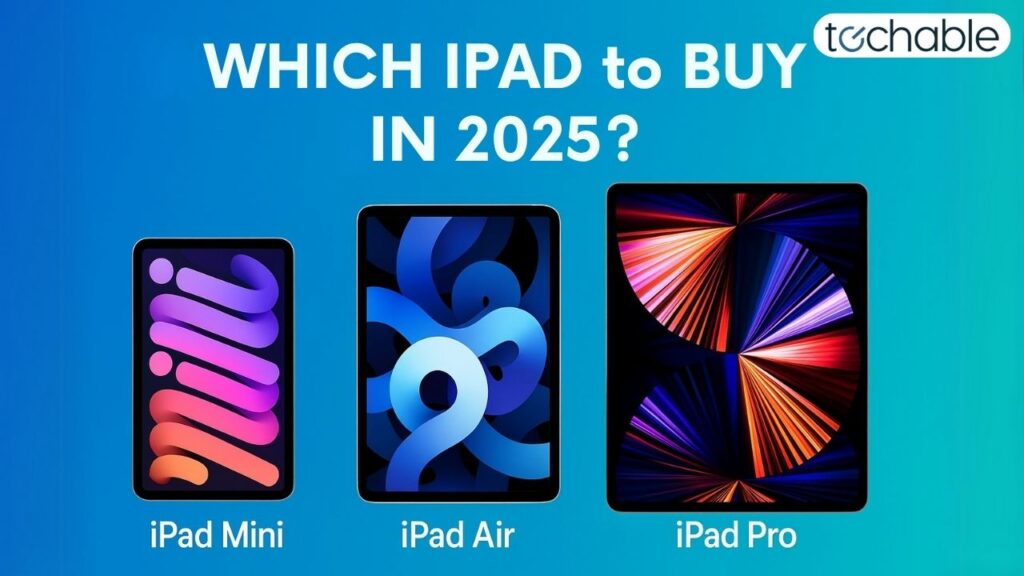
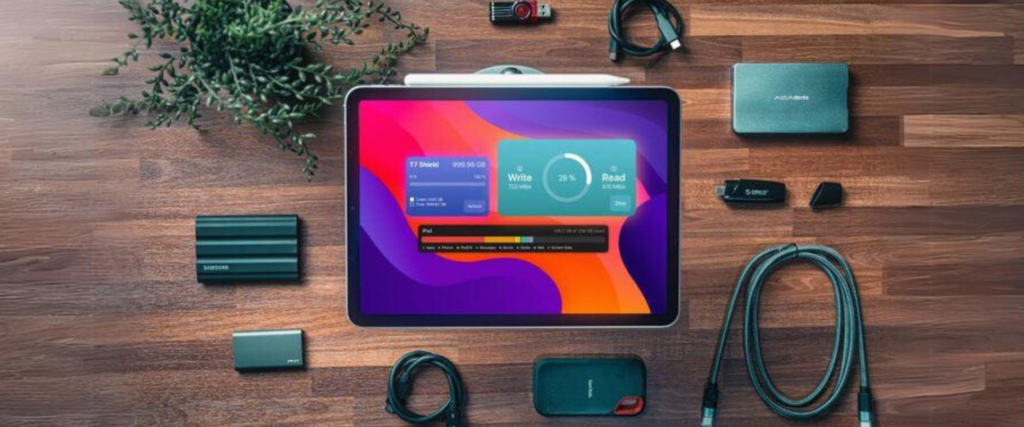

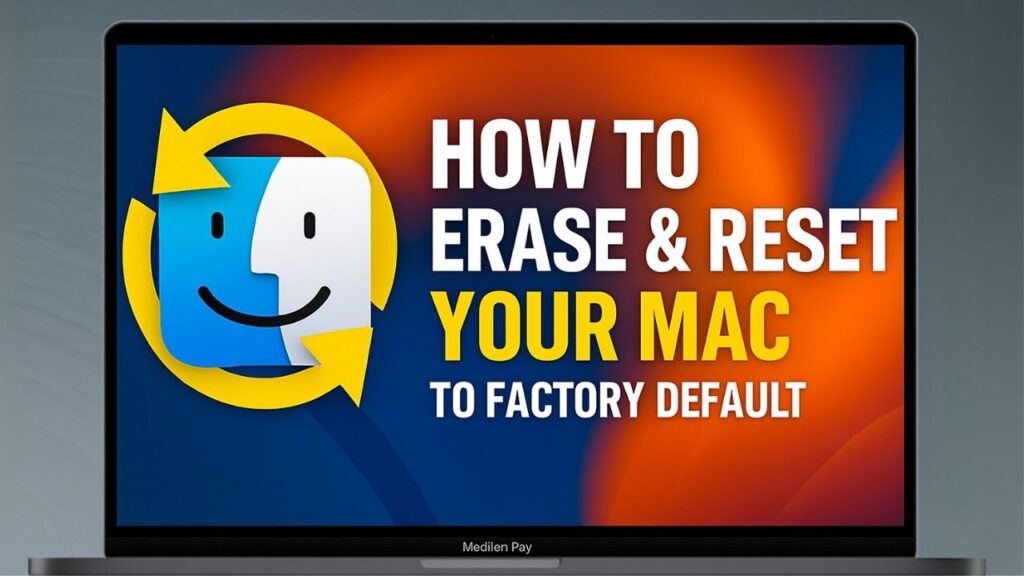
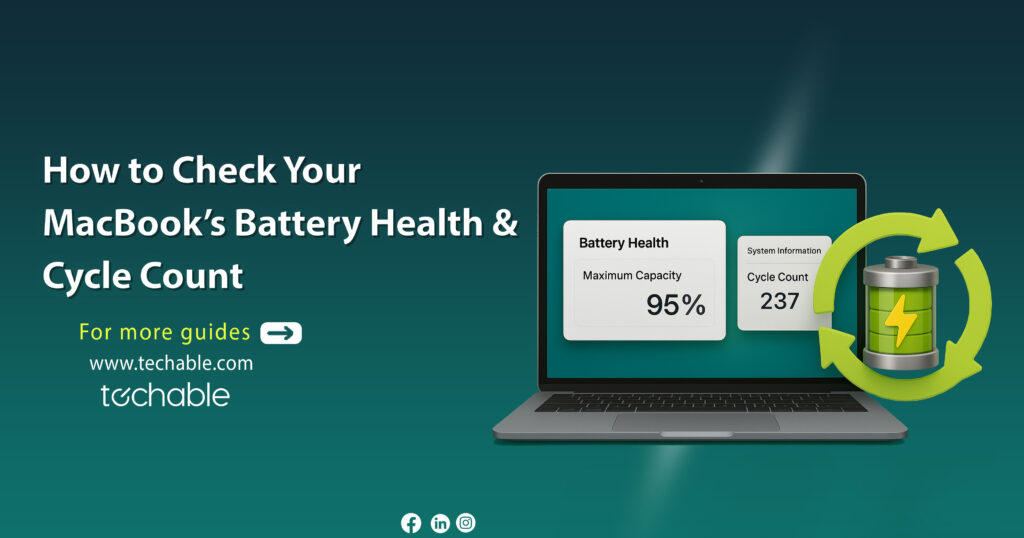
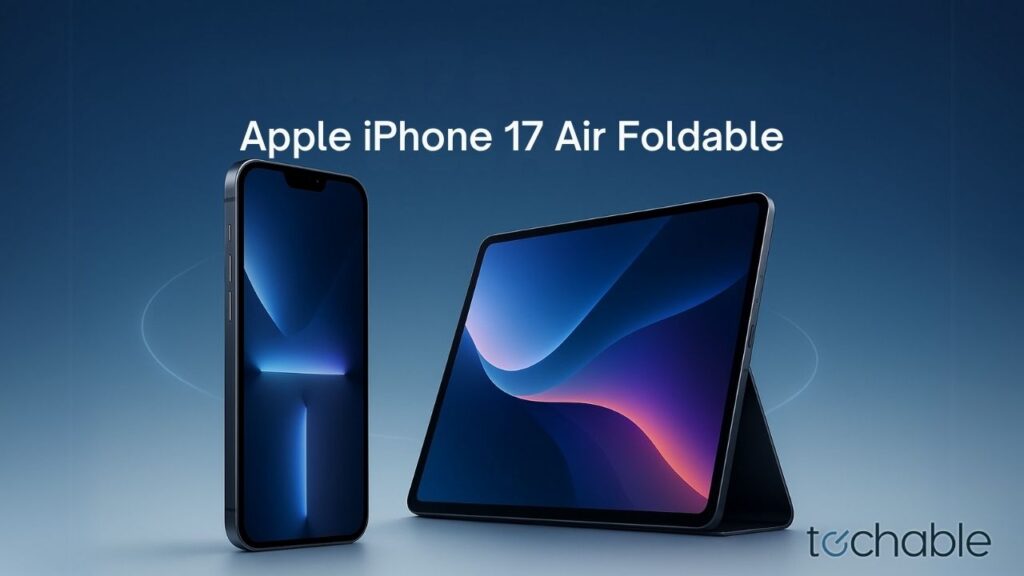

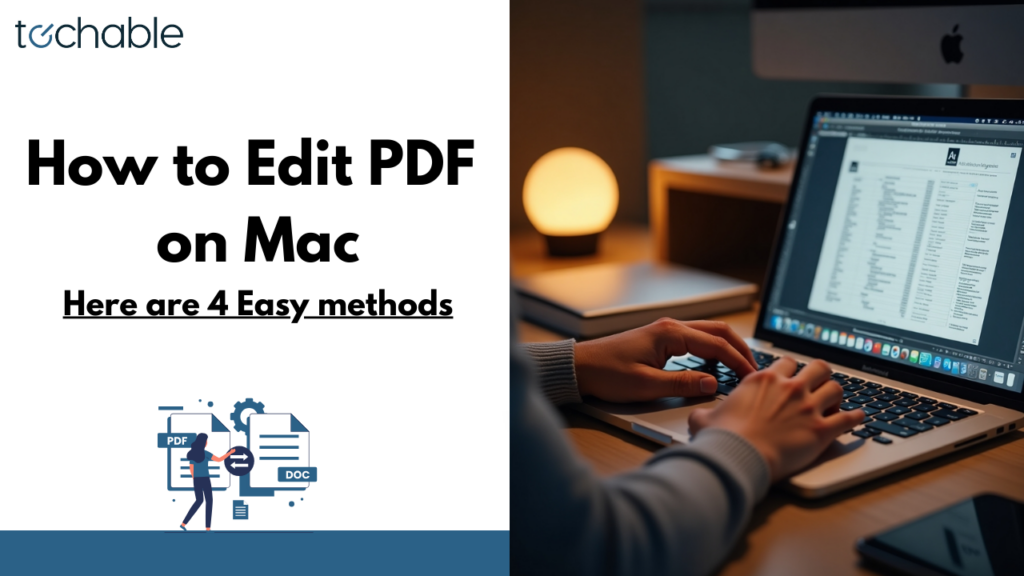

0 Comments